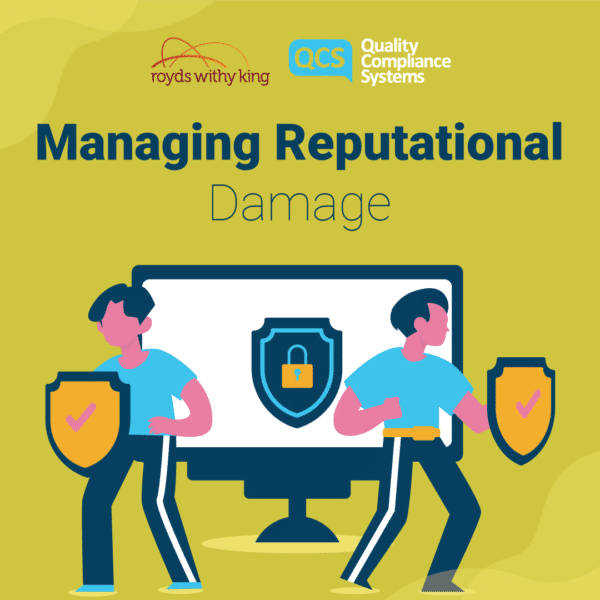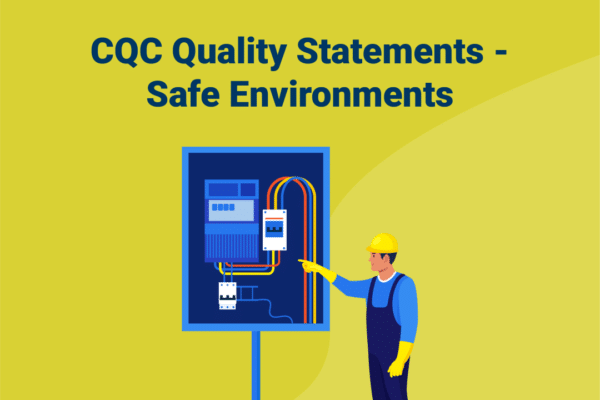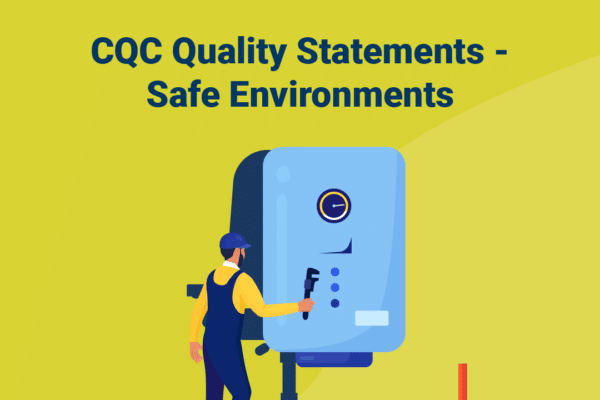In the past year, health and social care services have been stretched like never before and inevitably some things have gone wrong. How do you maintain your reputation in such a difficult environment? Download some top tips from our contributor, Royds Withy King’s Health & Social Care team below.
Download Now
Alternatively, read the top tips here:
Tip 1: Establish trust.
At its essence, your reputation boils down to whether people trust you. This applies to clients, families, commissioners, regulators and others, like the media. If something goes wrong but people trust you, it will provide a reputational “cushion” to help you ride out the controversy. This means that you need to work to establish credibility and trust in all of your ongoing relationships before anything goes wrong.
Tip 2: Be calm, honest and transparent.
When something does go wrong, you can establish trust by being calm, open and transparent. This is something we see in practice when watching political interviews. Journalists like Andrew Marr and Jeremy Paxman are highly skilled at “going for” people. The most effective defence to such an attack is usually not a reciprocal attack, but rather an honest acceptance of correct points and a calm redirection of others.
Tip 3: Do your homework.
It is also very important that you have a full understanding of what transpired. A typical crisis involves a safeguarding investigation. If you are called before a safeguarding board, then you will need to dig into and understand all the facts and circumstances in detail to the best of your ability before the safeguarding board comes to any definitive conclusions. Carry out your own investigation as early as possible. Prepare a detailed chronology and get all your supporting paperwork organised. Get statements from your staff. When you are asked about the circumstances, you will be prepared and won’t be forced to speculate. Offer the factual findings from your investigation to the safeguarding chair and supply them with the supporting evidence.
Tip 4: Get outside help.
Sometimes it helps to obtain support from someone who has not been involved in the incident. They can help you separate the stress and emotions you are feeling from the facts and help you come to an objective view. It is also important to get help if you are over-loaded. These days, it is extremely difficult to keep a service running without the additional pressure of a crisis. The point of getting help is to limit the damage and keep it from spiralling out of control.
Tip 5: Consider all your audiences.
When a crisis hits, the number of people involved usually grows. Always remember that what you are saying may be distributed more widely than you intend. Your letter to a family member may end up in the hands of CQC, commissioners, safeguarding or the press. Moderate your tone accordingly. A reasonable person will get much more credit than one who sounds angry or defensive.
Tip 6: If the press is involved, hire a PR firm.
Most of us expect the news to be accurate. However, the press often oversimplify matters or have their own agenda. It can help to hire a professional PR firm. The firm should understand how your sector works. They can field enquiries from the press, help to prep or protect your staff, and generally help you to limit the damage.






